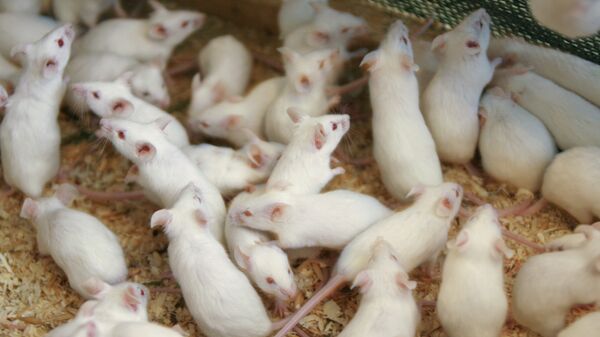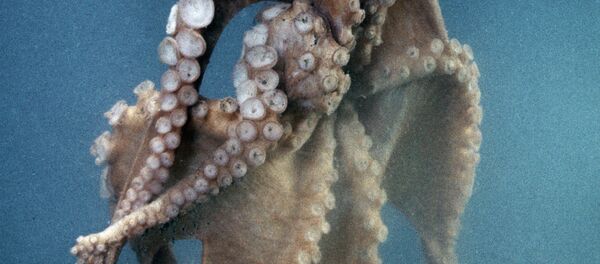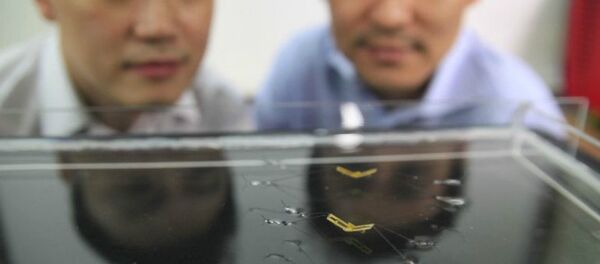Researchers found that altering a gene to block the phosphodiesterase-4B (PDE4B) enzyme, which is found in many organs including the brain, made mice cleverer and at the same time less fearful, Reuters reported.
"Our work using mice has identified phosphodiesterase-4B as a promising target for potential new treatments," said Steve Clapcote, a lecturer in pharmacology at Britain's Leeds University, who led the study.
The discovery may help the search for treatments for disorders like Alzheimer's, schizophrenia and post-traumatic stress disorder (PTSD).
Clapcote and his team are now working on developing drugs that will specifically inhibit PDE4B, Reuters reported.
In the experiments, published on Friday in the journal Neuropsychopharmacology, the scientists found that PDE4B-inhibited mice surpassed normal mice when it came to learning, memory and problem solving.
The "super-intelligent" mice were better at recognizing a mouse they had seen the previous day, the researchers said, and were also quicker at learning the location of a hidden escape platform.
They were also less able to recall a fearful event after several days than ordinary mice, and as PDE4B is also found in humans, this could be of interest in the search for treatments for brain conditions as well as mental decline linked to aging, Reuters reported.
The experiments also showed that PDE4B-inhibited mice chose to spend more time in open, brightly lit spaces, whereas the normal mice preferred dark, enclosed spaces.
Modified mice also responded less fearfully to the urine of cats – a natural predator to mice – suggesting that inhibiting PDE4B could increase risk-taking behavior.



